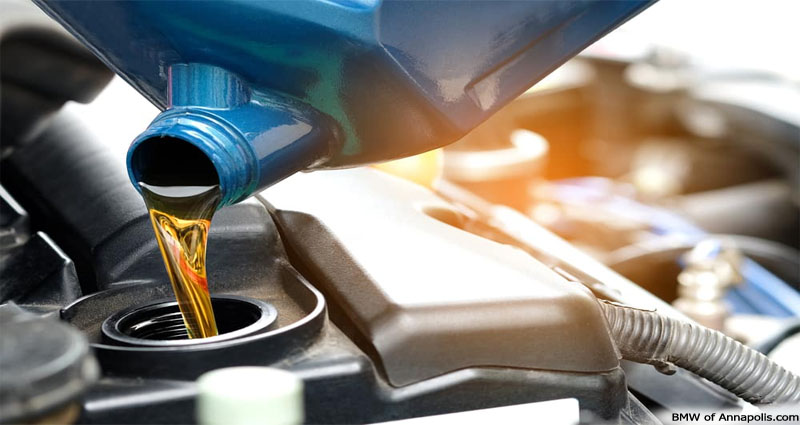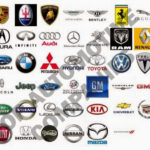What’s synthetic oil?
Lubricants are created of base oils and numerous additives are blended to generate a specific lubricant. Normally these base items are mineral oils produced from crude at a refinery. Like mineral base oils, synthetic base oils are derived from all-natural crude oil. The synthetic base oil is chemically engineered to deliver tailored lubricants with optimized efficiency benefits.
Does it cost extra?
The specialized manufacturing course of action & the high price of raw materials used inevitably make synthetics extra expensive to create. That is why they’re far more expensive to buy, compared with mineral oils. But in operation, synthetics can work out to become additional economical – they last much longer, reducing friction & wear much more effectively, so ultimately can save on costs, maintenance & engine replacement.
Is synthetic better than mineral lubricant?
Over a wide range of critical criteria synthetic offers significantly better functionality. They’ve naturally high viscosity index benefits to enable the lubricant to become effective over a wide temperature range. Also, they’ll not break down as easily as mineral oil when it’s hot, so they last longer & reduce pollution & engine wear. The ability of synthetics to provide better lubricity means that they both reduce wear & also improve engine efficiency & thus reduce fuel consumption.
Are there distinct types of synthetic lubricants?
Synthetic oils can be created with a variety of structures to give the desired performance properties. The most famous is fully synthetic base stock – polyalphaolefins (PAO), but there are several others, such as polyester & polyglycols. Semi-synthetic oils – created by mixing synthetic base oil with mineral oil, have a lower expense range of high-quality lubricants. Some oil companies have developed their technology to make synthesized base oils. These are hydrocracked (HC) oils. The production method has the environmental benefit of consuming less than half the energy inside the production of HC oils than required by conventional PAO synthetic oil production.
Are there any problems together with the handling or disposal of synthetic lubricants?
There is certainly no difference involving the PAO or hydrocracked base lubricants and mineral oil with respect for the handling & disposal. This is essential with any lubricant, so ensure that health & safety guidelines are met, and the right care is taken to comply with disposal regulations.










